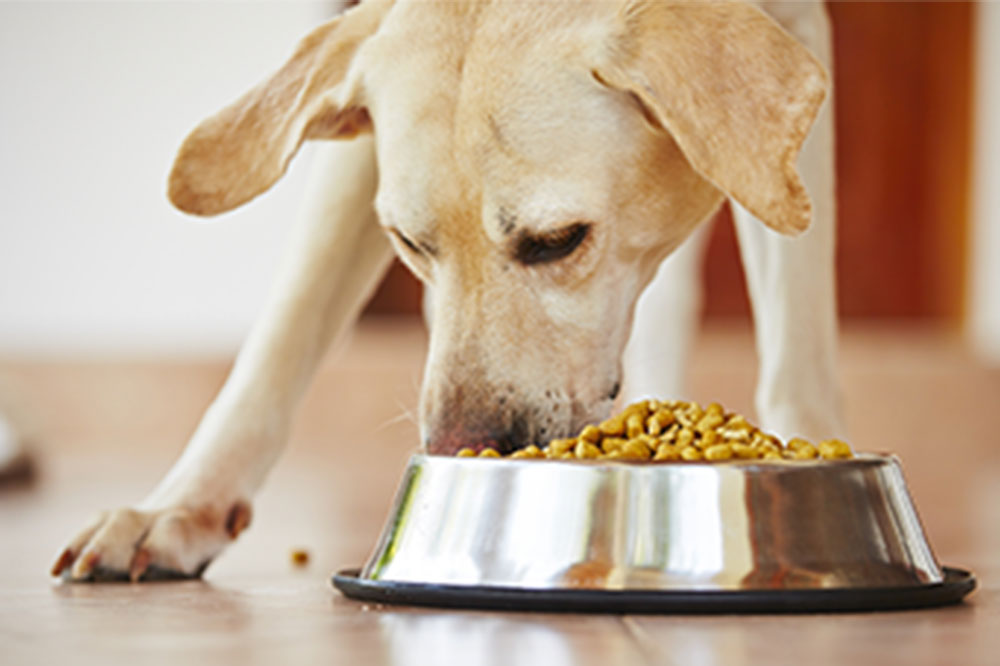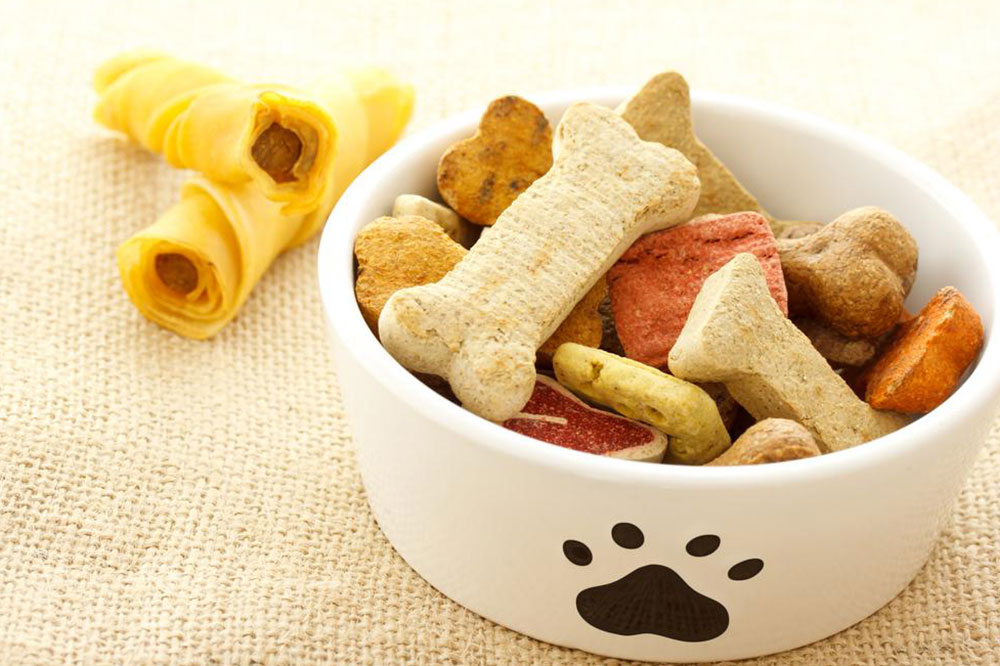Comprehensive Guide to Selecting the Best Food for Your Dog’s Health and Happiness
Discover comprehensive insights into selecting the ideal dog food to enhance your pet’s health. This detailed guide covers types, quality factors, and tips for feeding your canine companion properly, ensuring longevity, vitality, and happiness. Learn how to choose nutritious options tailored to your dog’s specific needs with expert advice.

Dogs are not just pets; they are loyal companions and members of our families. Ensuring their optimal health and happiness begins with offering them the right nutrition. Many pet owners often wonder which type of food is best suited for their furry friends, especially considering the plethora of options available today. The significance of choosing high-quality, nutritionally balanced dog food cannot be overstated, as it directly impacts their coat health, energy levels, immune system, and overall well-being.
Understanding the fundamentals of canine nutrition is essential for making informed decisions. Dogs require a balanced diet that provides essential proteins, healthy fats, and digestible carbohydrates. Protein is crucial for muscle development, tissue repair, and overall growth. High-protein formulas containing quality sources like chicken, beef, or fish support your dog’s physical development. Conversely, excessive carbohydrate intake or fillers of low nutritional value can lead to health issues such as obesity, digestive problems, and energy fluctuations.
When selecting dog food, it is important to consider the specific needs of your pet. Factors such as age, breed, size, activity level, and health conditions influence dietary requirements. Puppies, for example, need nutrient-rich food to support rapid growth, while senior dogs might benefit from formulations tailored to joint health and digestibility. Consult your veterinarian to determine the ideal nutrition plan for your specific dog, ensuring that you select a diet that promotes longevity and vitality.
Types of Dog Food: Dry Kibble vs. Wet Food
Dog food generally comes in two main types: dry kibble and wet canned food. Each has its advantages and considerations, and understanding these can help you make the best choice for your pet.
Dry kibble: Often preferred for its convenience, shelf stability, and dental benefits, kibble helps reduce plaque buildup when chewed properly. It also tends to be more affordable and easier to store. However, it’s essential to choose high-quality dry food with minimal fillers and artificial additives.
Wet food: Known for its appealing aroma and texture, wet food can be more palatable, especially for picky eaters or older dogs with dental issues. It has higher moisture content, which can aid hydration. Nonetheless, it may be more expensive and less convenient to store once opened.
Some pet owners opt for a combination of both, providing variety in texture and flavor to enhance acceptance and nutritional intake. Always ensure that whatever type of food you choose meets the nutritional standards established by reputable organizations such as AAFCO (Association of American Feed Control Officials).
How to Choose High-Quality Dog Food
With countless brands and formulations available in the market, selecting a premium dog food can seem overwhelming. Here are key factors to consider:
Ingredients: Look for foods with named animal proteins (e.g., chicken, lamb, salmon) listed as the primary ingredients. Avoid products with fillers like corn, wheat, soy, or by-products.
Nutritional adequacy: Ensure the food meets the dietary standards set by authorities like AAFCO, indicating it provides complete and balanced nutrition.
Ingredients transparency: Reputable brands clearly list all ingredients and sourcing details, allowing you to assess the quality.
Absence of artificial additives: Prefer foods free from artificial preservatives, colors, and flavors that might pose health risks.
Special dietary needs: If your dog has allergies or medical conditions, select formulas tailored to address those challenges.
The Benefits of Feeding Your Dog Quality Food
Providing your dog with high-quality food offers myriad benefits. It helps maintain a lustrous coat, promotes healthy skin, and supports strong immune function. Proper nutrition stabilizes energy levels, enhances digestion, and contributes to a longer, healthier life. Additionally, feeding your dog good quality food can prevent many health issues, such as obesity, dental disease, and allergies, reducing veterinary costs over time.
Additional Tips for Dog Owners
Beyond choosing the right brand and type, consider the following tips to ensure your dog’s optimal health:
Maintain consistent feeding schedules to regulate digestion and prevent overeating.
Provide fresh water at all times to support hydration.
Monitor your dog’s weight and health, adjusting portions as needed.
Avoid giving human foods that can be toxic, such as chocolate, onions, grapes, and certain nuts.
Regularly consult your veterinarian for health check-ups and nutritional advice.
In conclusion, selecting the best food for your dog is a crucial responsibility that directly impacts their health, happiness, and longevity. Invest time in understanding your pet’s specific needs, read ingredient labels carefully, and opt for reputable brands that prioritize quality. Remember, a well-nourished dog is a happy and active companion who will bring joy to your life for many years to come.





